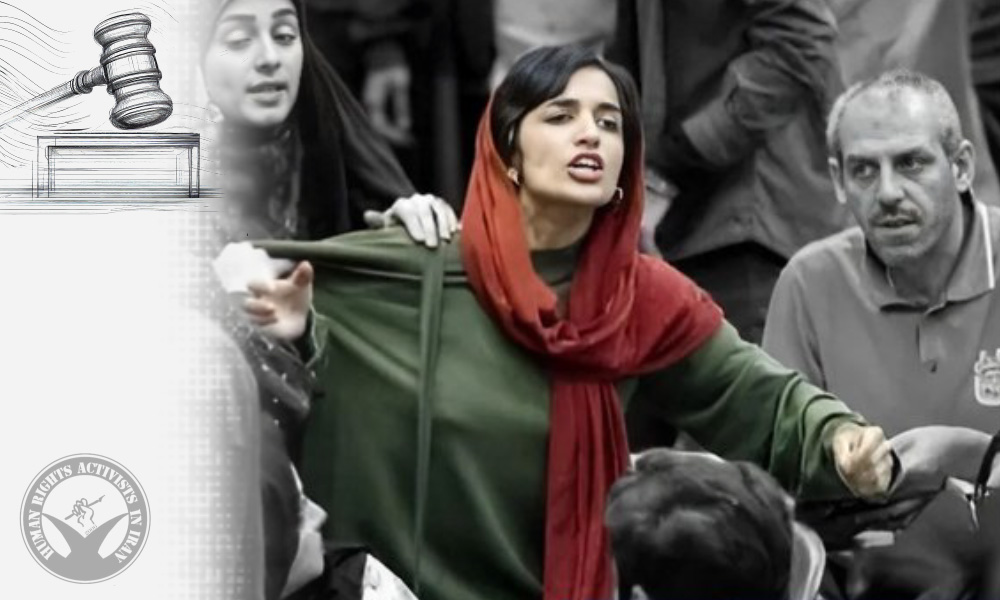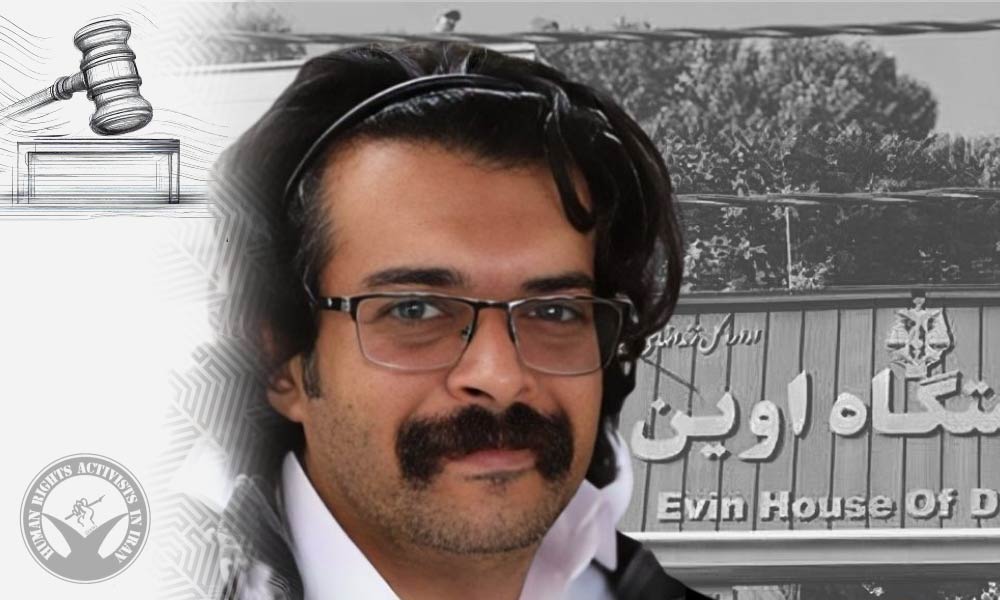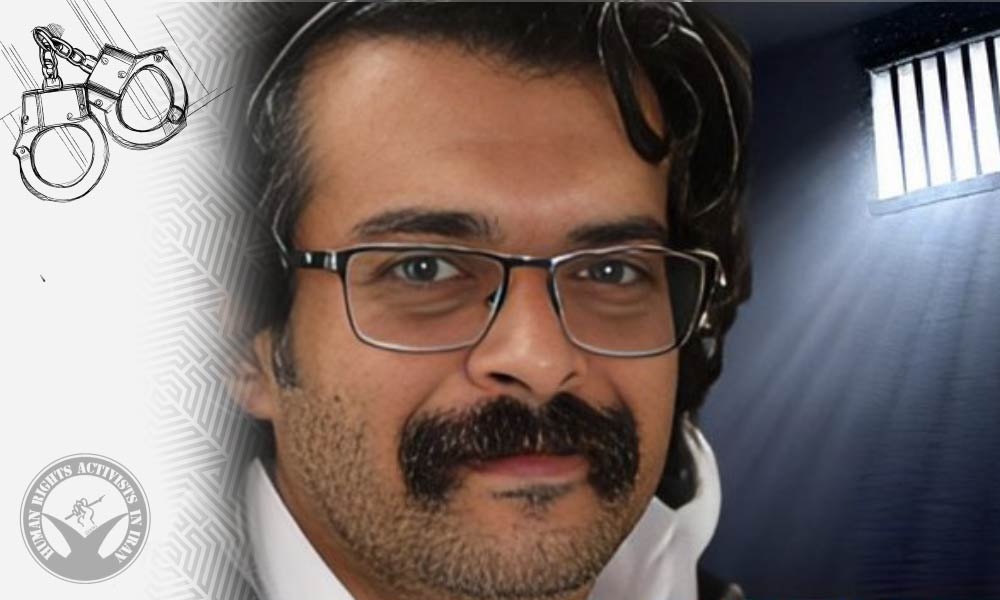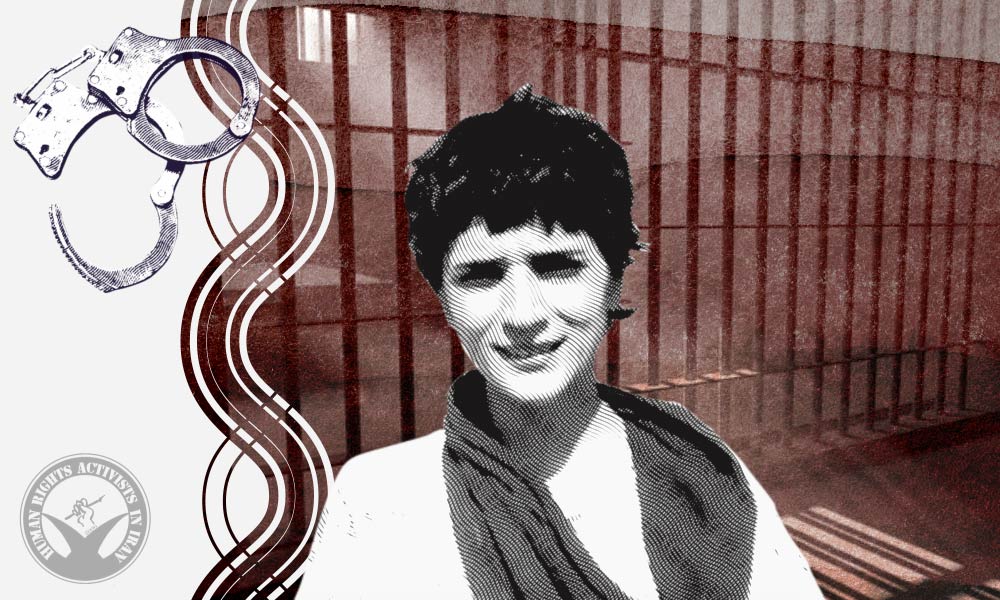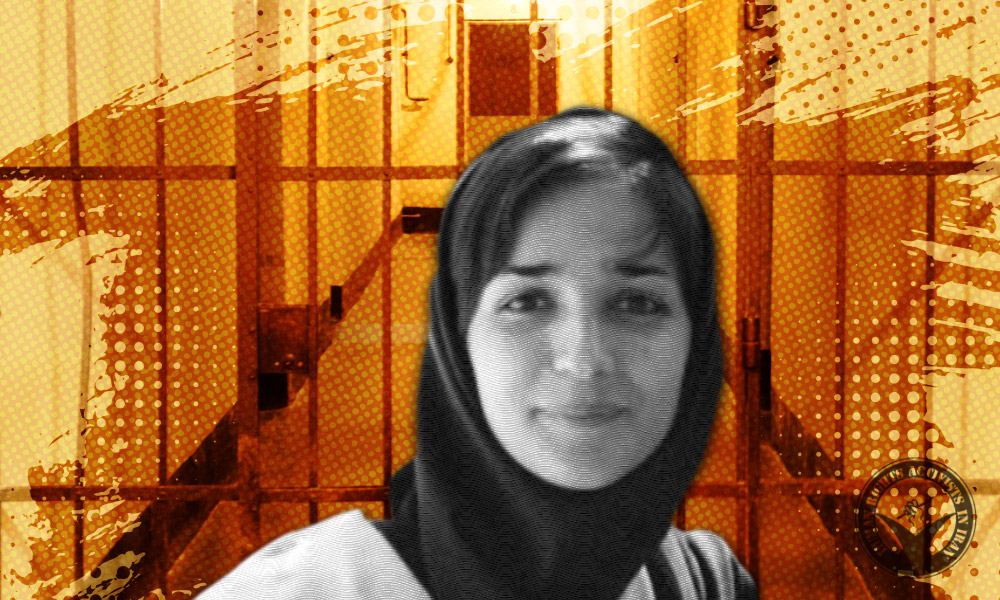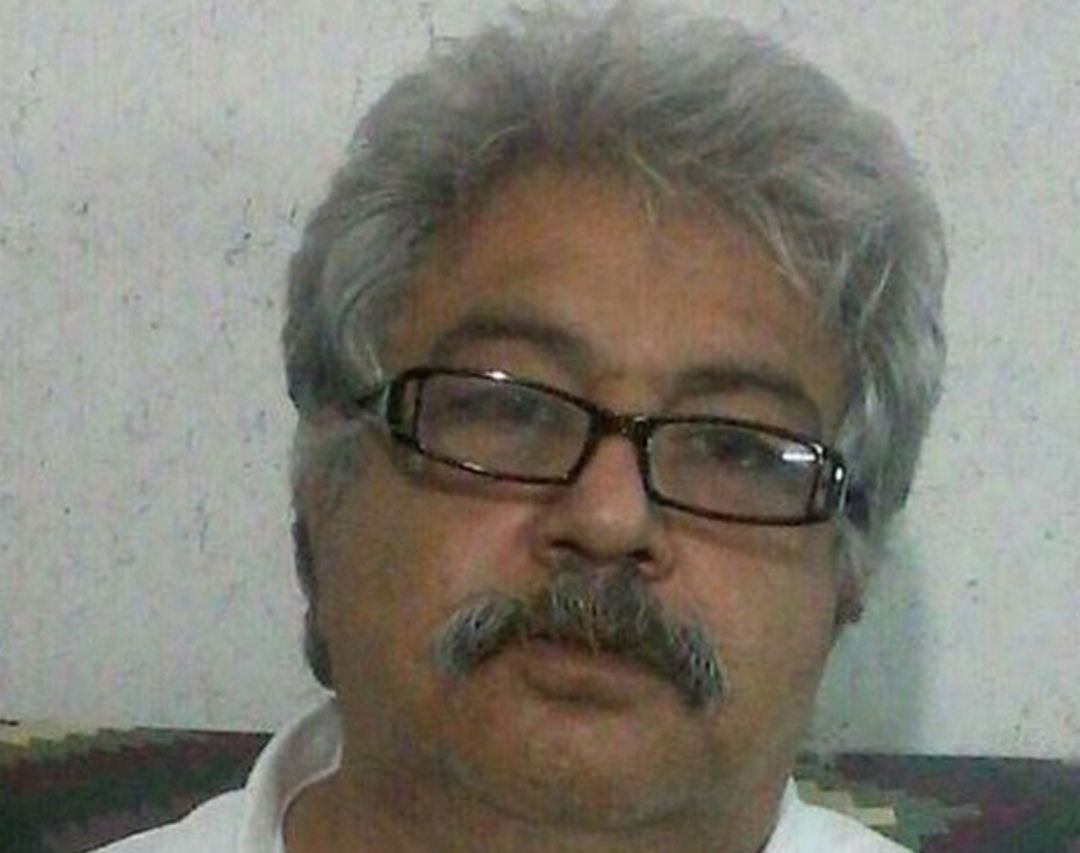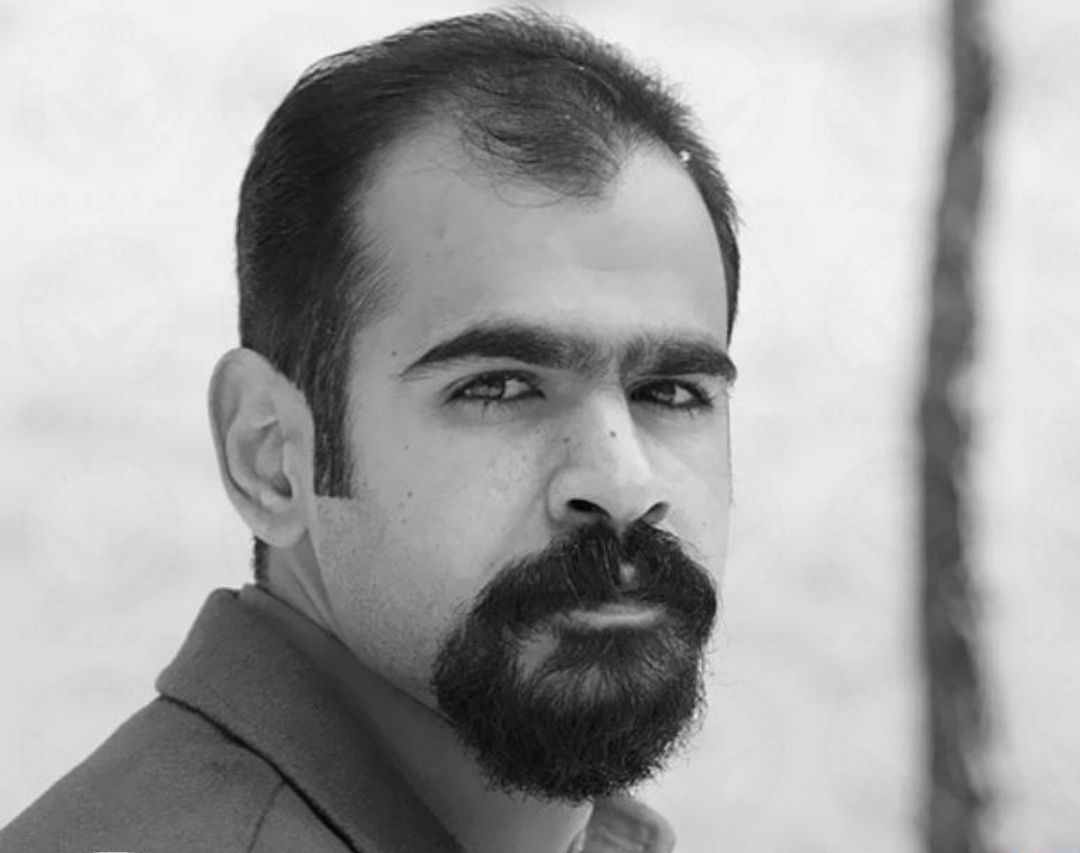Leila Hosseinzadeh, a student activist, has been sentenced in absentia to prison by Branch 26 of Tehran’s Revolutionary Court, presided over by Judge Iman Afshari. The charges stem from her appearing unveiled at the University of Tehran during her thesis defense.
According to HRANA, the news agency of Human Rights Activists in Iran, Hosseinzadeh was convicted on charges of appearing in public without a hijab and “propaganda against the regime.” In a personal statement, she revealed that she was sentenced without prior notice and is unaware of the details. She added, “I have no expectations of appeal or any legal process. I’ll wait for the case to be referred to the enforcement office.”
Hosseinzadeh has faced several legal cases over the years. Most recently, a forensic medical commission confirmed her permanent inability to endure incarceration. As a result, her remaining five-year prison sentence from a 2019 case was converted to a fine of 100 million tomans, which she paid to conclude the case.
Leila Hosseinzadeh was first arrested during the 2017–2018 Iranian protests, detained for 16 days, and released on bail. On June 24, 2019, Branch 36 of Tehran’s Court of Appeals sentenced her to 30 months in prison for “assembly and collusion against national security” and an additional year for “propaganda against the regime,” along with a two-year travel ban. Charges included attending a birthday gathering for Mohammad Sharifi Moghadam, a Gonabadi Dervish imprisoned near Sharif University, and singing protest songs.
On July 28, 2019, she began serving her sentence but was released early due to a judicial directive.
In a separate case, Hosseinzadeh was sentenced in February 2021 to five years in prison and a two-year ban from online activities for “assembly and collusion with intent to act against national security” by Branch 28 of Tehran’s Revolutionary Court. The sentence was upheld by Branch 36 of the Appeals Court in December 2021.
She was arrested again on August 20, 2022, after being beaten by security forces outside her home. She was released on bail from Evin Prison on January 9, 2023.



